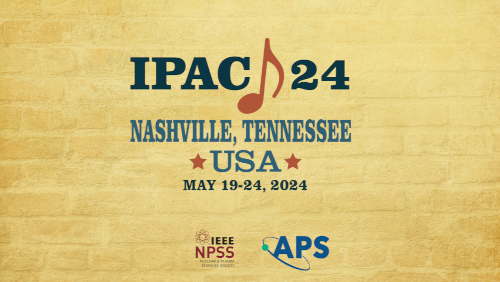Speaker
Description
The FCC-ee is CERN's leading proposal for the next generation of energy-frontier particle accelerators. To reach integrated luminosity goals, it must be operational for minimum 80% of the scheduled 185 physics days each year. For comparison, the LHC achieved 77% in Run 2, 2016-2018. There are additional challenges in operation and maintenance of the FCC-ee due to its scale, complexity and ambitious technical objectives. Availability is therefore a significant risk to physics deliverables. This paper deconstructs the availability challenge in the FCC-ee according to its top-level systems. Contributions are in three parts: (I) For the first time, availability requirements are defined by system, scaled according to complexity of delivery. (II) A blueprint for each system is constructed, where availability of the RF** is projected in Monte Carlo simulation from existing colliders to the FCC-ee. Forecasts for Z and W modes are highly inadequate, suggesting radical change in operation and maintenance paradigm is required. (III) Solutions to the availability challenge are proposed and exploratory simulations analyzed for several potentially game-changing R&D opportunities.
Footnotes
- FCC-ee: the Electron-positron Future Circular Collider
** LHC: the Large Hadron Collider
*** RF: Radio Frequency
| Region represented | Europe |
|---|---|
| Paper preparation format | LaTeX |

